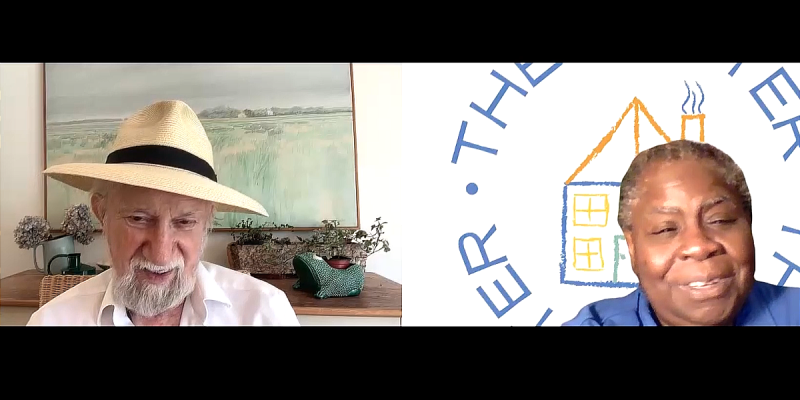‘Sunset Song’
Director: Terence Davies
Stars: Agyness Deyn, Peter Guthrie
Rating: R
5 (out of 5) Globes
Every Terence Davies film is meant to be savored, and not only because there’s so few of them. In the last 30 years the English filmmaker has only managed seven features, one of them a documentary (the memory piece “Of Time and the City”) he made during an 11-year gap, when no one would give him money. Even if they arrived at a steady, Woody Allen-ish clip they’d each be events — stubbornly austere stews in the past, though none of them easy sells. Mixing nostalgia with critique, films like “The House of Mirth” and “The Deep Blue Sea” may look like cozy period pieces, but they deny us the usual pleasures while challenging our notions of how we look backwards.
RELATED:Interview: Agyness Deyn talks “Sunset Song” and not wanting to be your typical model-turned-actor
His latest, “Sunset Song,” could almost be mistaken for your standard lit movie. Based on Lewis Grassic Gibbon’s 1932 novel, it transports us to rural Scotland before and during World War I. We watch the young life of Chris (Agyness Deyn), a farmer’s daughter born with deep reserves of compassion and forgiveness. She’ll need them, as she’s cursed with an abusive father (Peter Mullan) and untold amounts of tragedy. Family members, friends, eventually a kindly husband (Peter Guthrie) — all walk in and out of her life, which is largely confined to the farm and its resplendent green hills and fields of blindingly yellow wheat.
A lot transpires in “Sunset Song,” but it never feels like it’s in a rush. This is life lived patiently and with few distractions — perfect for Davies, who never seems to have wanted to learn more than a handful of ways to shoot a scene. He loves creeping pans across nature and rooms, sometimes from overhead; domestic scenes are filmed in as few shots as possible. He breaks these scenes up with montages set to songs, usually ballads written by and for the working class — pop songs not simply there to evoke an era but to arise organically from a period long forgotten, like ghosts conjured back into being. He likes his protagonists quiet, near mute, and in Deyn he’s found a prime specimen. A former model, she knows the value of being still, but has been gifted with a preternaturally kind and open face. When Chris, late in, launches into a hysterical crying fit, it’s unsightly, even amateurish — perfect, then, for someone who’s spent a life comfortable holding it in.
RELATED:Review: “Love & Friendship” finds Terence Davies finally doing Jane Austen
Davies’ films are dreamy yet alive, and the long domestic scenes — people sitting in homes, chatting or singing or reading aloud, trying to pass untold swaths of time — root us in a past become vividly present. “Only fools love being alive,” a young character jokes early on, but Davies tries to bring these people and their times back to life, in all their beauty and ugliness. Mullan’s cruel father will beat his children and his wife, and hint at worse, but he can be warm and charming. One rarely knows which side of him you’ll get, but both are equally true, and even the worst people have their reasons. It’s a film as compassionate as Chris, who’s patient with all, who knows that people have rough patches or have been destroyed by tragedies and, as the film marches on, by war.
The true villain in the film is time itself, which is cruel and pitiless, which will one day take everyone Chris has known, as well as Chris herself. Or maybe it just is what it is. “Sunset Song” may appear to be a collection of episodes — often miserable ones, though also often filled with joy and peace. It gains in power, slowly and patiently, till it becomes about Chris realizing her and all of humanity’s place in the world. “Nothing endures but the land,” she realizes in a sporadic narration track, which plays like Chris writing the story of her own life as it happens. “The folk who lived there were but a breath.” To watch “Sunset Song” — with its seductive camera moves, its unhurried pace, its ability to see the worst and best in people — is to accept that all life is insignificant and fraught with meaning, usually at the same time. In other words: It’s another Terence Davies film.

























